Search Results for: Fish
Skip to resultsCan’t find what you’re looking for? Visit our FAQ page.
8,283 results for: Fish
-
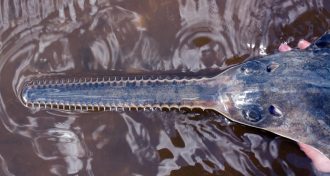 Animals
Animals‘Virgin births’ won’t save endangered sawfish
Sawfish are the first wild vertebrates found to reproduce via parthenogenesis.
-

June 13, 2015
In the June 13 SN: The spread of Chikungunya, quantum shortcuts for chemistry, the first warm-hearted fish, nanotubular spider silk, an earlier origin for dogs and more.
By Science News -
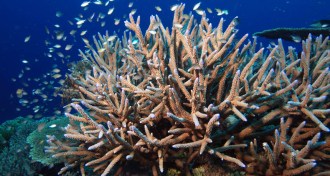 Climate
ClimateReal estate is tight as marine species move to cooler waters
Marine species migrating amid global warming face shrinking habitats in cooler locations.
By Beth Mole -
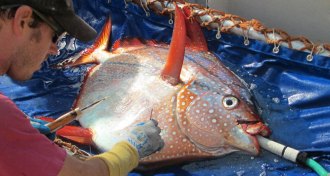 Animals
AnimalsDeepwater dweller is first known warm-hearted fish
The opah, a deep-diving fish, can keep much of its body warmer than its surroundings, making it similar to warm-blooded birds and mammals.
By Susan Milius -
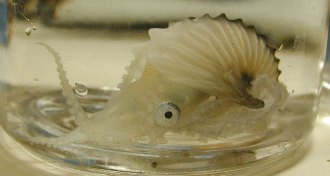 Animals
AnimalsWealth of cephalopod research lost in a 19th century shipwreck
Nineteenth-century scientist Jeanne Villepreux-Power sent her research papers and equipment on a ship that sank off the coast of France, submerging years’ worth of observations on cephalopods.
-
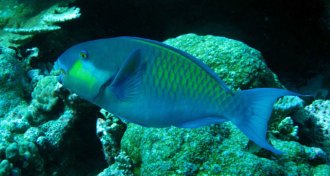 Animals
AnimalsAn island in the Maldives is made of parrotfish poop
Coral-eating parrotfish create much of the sediment that a reef island is made of, a new study finds.
-
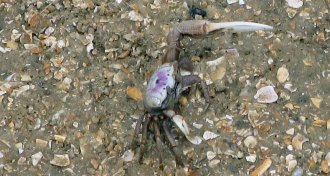 Animals
AnimalsA summer challenge: Observe nature
Opportunities for observing nature are plentiful, no matter where you live.
-
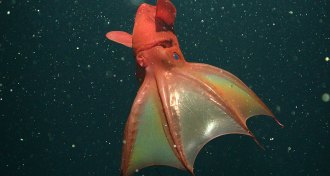 Animals
AnimalsVampire squid take mommy breaks
The vampire squid again defies its sensationalist name with a life in the slow lane.
By Susan Milius -
 Animals
AnimalsRising temperatures may cause problems for cold-blooded critters
Ectotherms cannot easily handle extreme temperatures, a new study finds.
-
 Animals
AnimalsLazy sunfish are actually active predators
Ocean sunfish were once thought to be drifting eaters of jellyfish. But they’re not, new research shows.
-
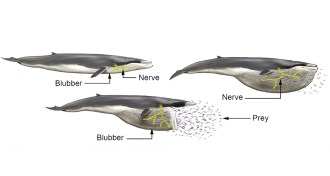 Animals
AnimalsStretchy nerves help some big whales open wide
Blue whales and their closest relatives have stretchy nerves near their mouths so they can open wide and swallow a lot of prey.
-
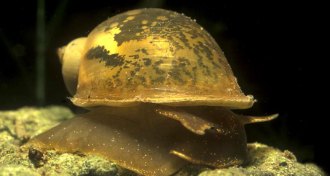 Life
LifeBolder snails grow stronger shells
Bold snails have tougher shells than shy snails. Understanding what drives snails to develop such differences is a bit of a challenge.